Did you know… “Children who attend playgroups during early childhood have significantly better child development when they start school” Telethon Kids Institute (2016 Research Paper)
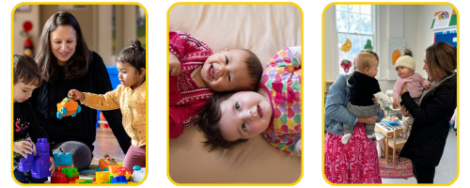
Social skills play a vital role in a child’s successful transition into school life. Social skills are the skills we use everyday to interact and communicate with others. They include verbal and non-verbal communication, such as speech, gesture, facial expression and body language.
The development of good social skills allows children to effectively communicate and interact with their peers, teachers, and other adults. This helps them build positive relationships, make friends, and feel more comfortable and confident in their new surroundings. Additionally, having good social skills enables children to navigate social situations, resolve conflicts peacefully, and cooperate with others, which are essential skills for success both in and outside of the classroom.
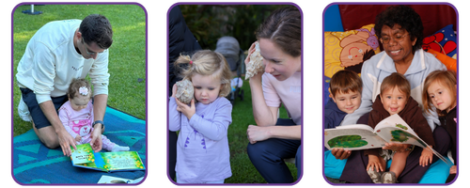
The development of strong talking and listening skills is vital for children commencing school. These skills enable children to express their thoughts, ideas, and emotions effectively, follow instructions, maintain attention, learning to read, write and spell, while also supporting their understanding and interaction with their peers and teachers.
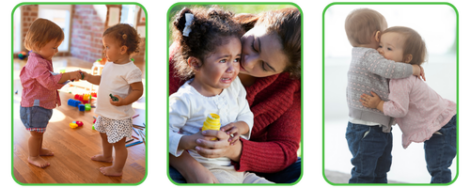 Being able to understand and manage their emotions, supports children to navigate the challenges of starting school more effectively. It enables them to express themselves appropriately, build positive relationships with peers and teachers, and cope with stress and anxiety. Understanding their own emotions also helps children to empathise with others, fostering a supportive and inclusive learning environment. Ultimately, equipping children with emotional skills empowers them to thrive academically and socially throughout their school years.
Being able to understand and manage their emotions, supports children to navigate the challenges of starting school more effectively. It enables them to express themselves appropriately, build positive relationships with peers and teachers, and cope with stress and anxiety. Understanding their own emotions also helps children to empathise with others, fostering a supportive and inclusive learning environment. Ultimately, equipping children with emotional skills empowers them to thrive academically and socially throughout their school years.

Problem-solving skills play a crucial role in the development of children who are beginning their educational journey. These skills enable children to focus their attention on tasks, allowing them to absorb information effectively and engage in meaningful learning experiences. They empower children to analyse and find solutions to challenges they encounter, supporting their ability to think critically and creatively.
By nurturing problem-solving abilities from an early age, children are better equipped to navigate the complexities of school and lay a strong foundation for their future academic success.
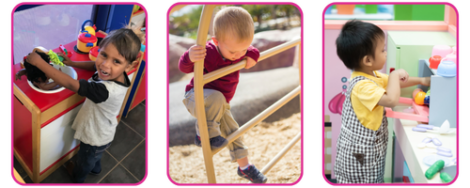
Confidence and resilience are crucial for children as they begin school. These qualities help them navigate new environments, make friends, and tackle challenges with resilience. Building confidence allows children to believe in their abilities and take risks in their learning journey. Resilience enables them to be independent, problem-solve, think critically, and become more self-reliant individuals. Overall, fostering these traits in children sets a strong foundation for their academic and personal growth.
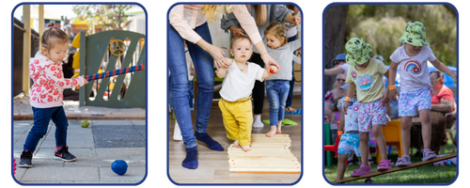
Developing strong and healthy bodies has to do with the food children eat, the physical activities they participate in, and the ways in which they use the muscles in their bodies. The development of muscles skills allows children to explore and learn about their world and develop healthy bodies. Physical health plays a significant role in children’s ability to focus, learn, and participate in school activities.
At playgroup we do different activities to strengthen our ‘big’ muscles (gross motor) and ‘small muscles’ (fine motor). Fine motor skills are essential for performing everyday skills and academic skills (e.g. pencil skills of drawing and writing).